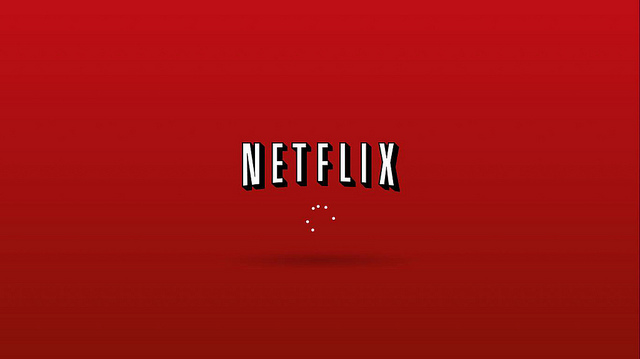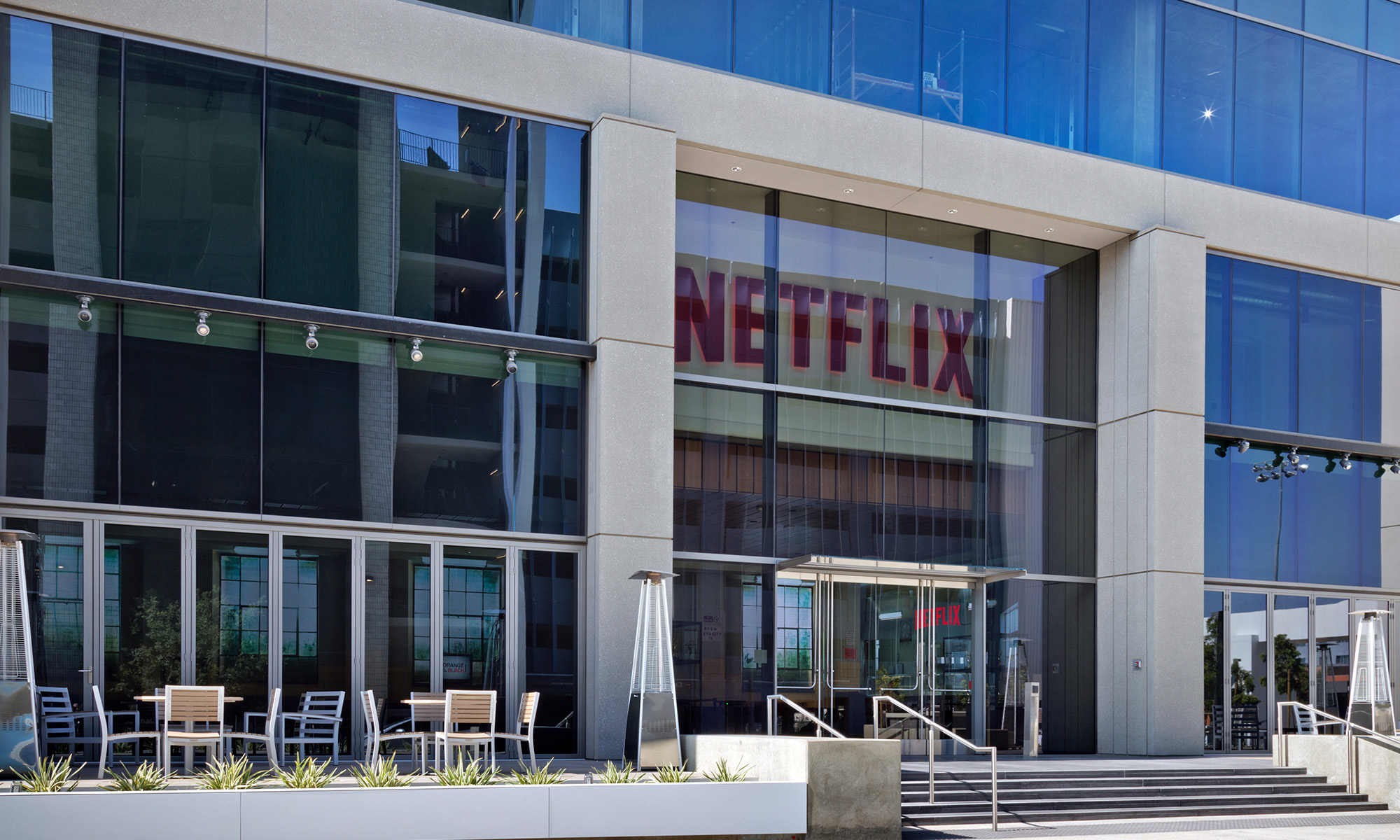
Netflix (NFLX 0.15%) stock has soared this year as investors have cast aside doubts and embraced its disruptive growth potential. The company has dramatically improved its profitability and is on pace to deliver EPS of about $2 in 2013, excluding a debt retirement charge of $0.26 per share from earlier this year. Analysts currently expect earnings to double again next year.
But with profitability recovering, Netflix is looking to pick up the pace of its international expansion. In 2012, Netflix entered several new European markets: the U.K., Ireland, Denmark, Norway, Sweden, and Finland. By contrast, in 2013 Netflix has entered just one new (and relatively small) international market: the Netherlands.
International growth, if successful, could be very valuable for Netflix. But entering a new market entails significant start-up costs, which are roughly proportionate to the size of the market. Netflix investors are currently hoping for rapid revenue growth and rapid profit growth. But entering major new markets will create a significant drag on earnings, despite boosting revenue. Netflix investors may thus be setting themselves up for disappointment.
The cost of expansion
Over the past two years, there has been a pretty clear correlation between Netflix's entry into new markets and spikes in its international losses. In the first quarter of 2012, Netflix entered the U.K. and Ireland, and the quarterly international contribution loss spiked from $60 million to $103 million sequentially.
Netflix's entry into the Nordic countries in the fourth quarter last year was accompanied by a smaller jump in the international contribution loss, from $92 million to $105 million. Again, when Netflix began serving the Netherlands last quarter, it was accompanied by a sequential increase in the international contribution loss.
While these numbers are "choppy," the impact of expansion on profitability is significant. If we just look at this year, Netflix reduced its quarterly international contribution loss by $39 million in the first half of the year. By contrast, Netflix is projecting a Q4 contribution loss of around $65 million, which would imply a tiny $1 million improvement in quarterly losses for the second half of the year.
The Netherlands expansion is probably a major reason that Netflix's international profitability has not improved in the second half of 2013 after making rapid progress in the first half of the year. The underlying profitability of Netflix's international markets continues to improve, but every new market entry resets the bar lower.
The next round
While nothing's set in stone yet, Netflix may be eyeing some of the major continental European markets for its next round of international growth. Earlier this month, Netflix executives took a trip to Europe to meet with officials in France and Germany.
Furthermore, during the Netflix earnings interview in October, CEO Reed Hastings stated that the company was looking at expanding to some new large markets in 2014. Compared to Netflix's most recent new market, France and Germany definitely fit the bill. France is nearly four times larger than the Netherlands by population, and Germany is almost five times larger.
The larger size of these markets means Netflix will have to incur higher start-up costs to enter them. These start-up costs consist primarily of content spending that exceeds initial revenue (content costs tend to vary based on the size of the market covered) and advertising to build awareness (which will also be more expensive in larger markets).
If entering a small market like the Netherlands offset nearly two full quarters of international earnings improvement, entering just one of these larger markets could undo a whole year or more of improvement. The closest comparison may be Q1 2012, when Netflix entered the U.K. and Ireland and international losses widened by $43 million sequentially.
Foolish bottom line
Netflix should not automatically shy away from international expansion just because it will be expensive. Indeed, if the company can secure a first-mover position in Internet video within its new markets, they should become quite profitable over time.
But many investors appear to have unrealistic expectations of how profitable Netflix can be while it is still growing. Every time Netflix enters a new market, there is a noticeable decline in its international profitability. One of the major reasons that profit has grown so strongly in 2013 is that the company only entered one new international market, and a small one at that.
If Netflix enters France or Germany -- or both -- in 2014, its earnings will take a big step backward in the quarters following those market launches. Netflix investors need to be prepared for the fact that long-term growth may require significant short-term pain in the form of earnings declines.






